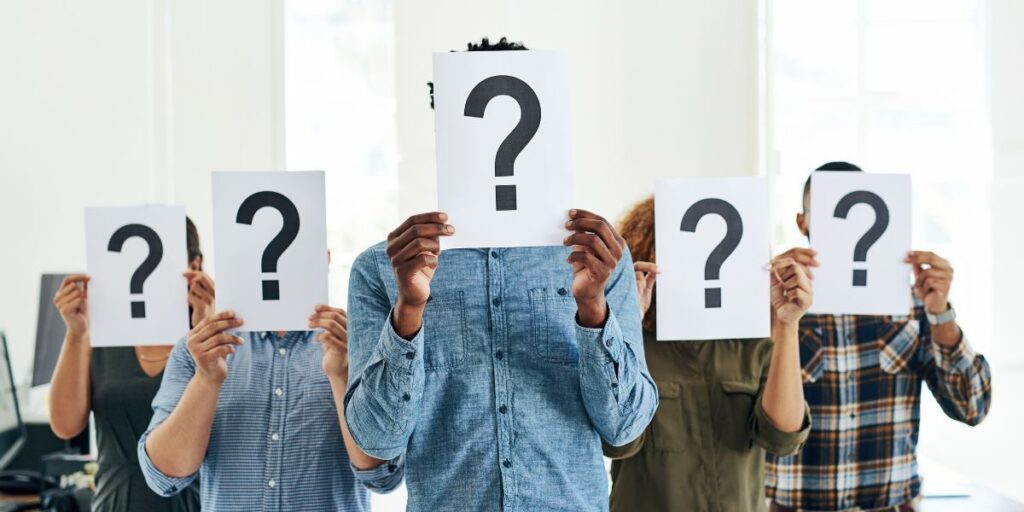It’s a common question asked of our community; ‘How deaf are you?’ or ‘How deaf is ….?’. It is often well intentioned, but it focuses on our limitations rather than our possibilities. Shifting your approach to “What do you need?” not only shows respect for individual experiences but it also creates an environment of inclusivity and empowerment.
The Limitations of ‘ How deaf ….?’
When you ask someone “How deaf are you?” you place emphasis on the degree of hearing loss or deafness, potentially reducing that person to a label rather than seeing them as a whole individual. This question can perpetuate stereotypes and preconceived ideas about what deaf or hard of hearing people can or cannot do.
From Labels to Empowerment
People who ask ‘How deaf are you?’ should really question why they are asking this and what assumptions they will make when they’re given an answer – it doesn’t make sense. Instead, ask “What do you need?”. This starts a conversation that empowers rather than pigeonholes. This places the focus on a deaf persons needs, preferences and strengths. It encourages conversation and gives an opportunity for deaf people to share what accommodations or support we need to navigate various situations effectively.
Individual Support and Understanding
Everyone’s experience with deafness is personal to them. Some might prefer visual aids, like captions or sign language, while others might benefit from assistive listening devices or lip reading – or a combination of all of these. So by asking “What do you need?” we acknowledge and respect these differences, allowing deaf people to express their preferences and making them feel valued and understood.
Inclusivity and Connection
Asking us what we need fosters a sense of inclusion by recognising that with the right tools we can participate. Having conversations centred around meeting peoples needs creates environments where they feel invited, included, comfortable, understood and connected.
The Benefits of Open Conversation
Asking about our needs rather than the degrees of our deafness opens up space for conversation. Deaf people can then share their needs openly, allowing for more effective collaboration in both personal and professional settings. In turn, this approach supports a culture of active listening and empathy, promoting stronger relationships and partnerships which benefits everyone.
Language is Powerful
If I told you how deaf I was, what assumptions would you make? Would you understand what I need, how I communicate, how I cope or how I identify? Nope. Language has the remarkable ability to shape our interactions and perceptions. Simply shifting from “How deaf are you?” to “What do you need?” is a small but impactful change which gives deaf people the space and opportunity to explain their needs and preferences.
In Deaf Club, we welcome everyone with hearing loss or who is d/Deaf. As someone who has been deaf my whole life, I have still not met two deaf people with the same combination of needs, preferences and identities. In fact, it’s probably the most diverse community I’m proud to be part of. You can join us here: Deaf Club – where we celebrate, support, connect and so much more.





